
Previously, broadcasting companies would upload videos that have been filmed separately from the broadcast videos, namely "Fan-cams", on YouTube. These are quite popular and receive a lot of views. However, the broadcast companies did not distribute the profit from these YouTube videos with the entertainment agencies. This unfair practice is expected to disappear as the Fair Trade Commission enacts a standard contract act.
On August 27th, an official of the Fair Trade Commission (FTC) stated, "We are seeking to establish a standard contract between broadcasting companies and entertainment agencies (A contract on the use of video clips featuring popular cultural artists and singers.) We are discussing with related ministries such as the Ministry of Culture. If there are no problems with the process, we will be able to form the standard contract within this year."
Previously, the entertainment agencies have argued that the revenue from videos posted on the YouTube channels of broadcast stations should be shared with the artists and their management. Business operators related to the entertainment industry have come together to request the creation of the standard contract back in July of this year. Various groups such as the Korea Music Content Association, Korea Management Association, and the Korea Entertainment Producers Association have come together to request a correction of such practices of the broadcasting companies. Upon receiving the request, the FTC has taken charge of the overall enactment of the standard contract.

According to the Fair Trade Commission, broadcasters such as KBS, MBC, and SBS have been posting videos on online streaming services to make additional profits. These videos were of singers performing on the broadcast shows such as 'Music Bank', and 'The Show' but were filmed separately and edited as fan-cam videos.
There has not been a specific contract between the broadcaster and the entertainment agency on this matter. Therefore, it was customary for the broadcasters to have the copyrights to the videos filmed for the purpose of producing the show.
However, the expansion of the OTT market caused friction with broadcasting companies as entertainment agencies began to produce their own content. The entertainment agency states, "It is unfair for a broadcaster company to have unconditional copyrights when it is our artists who appear on them and are performing."
The Fair Trade Commission believes that entertainment agencies' argument is plausible. After discussing with related ministries and related industries, the government plans to make a standard contract act. Then, they will announce the act after the procedures through the Agreement Review Advisory Council and the Fair Trade Commission Committee's resolution.
 SHARE
SHARE

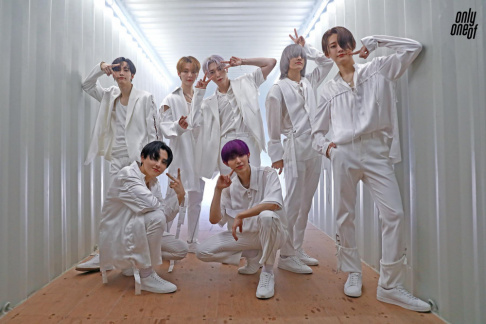



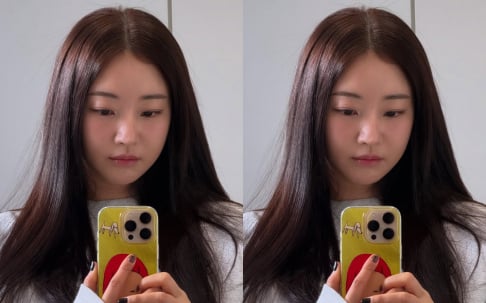
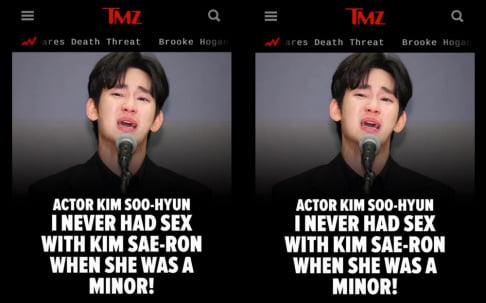



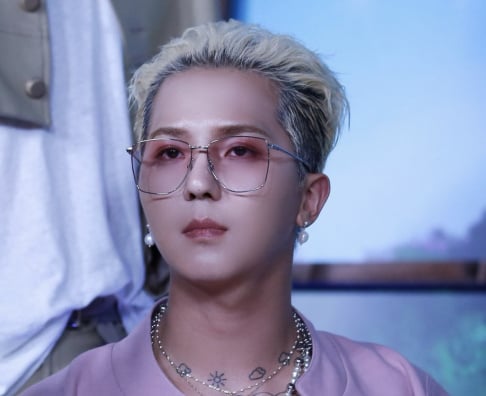




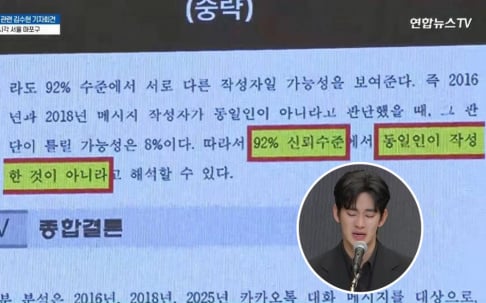

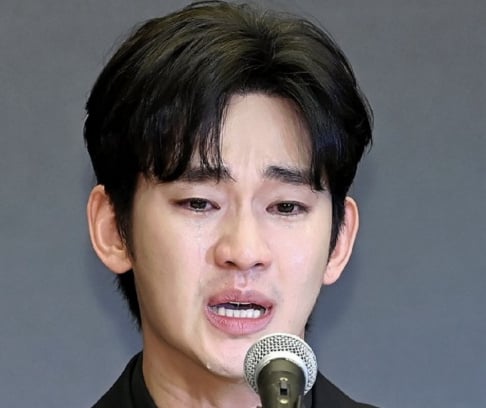
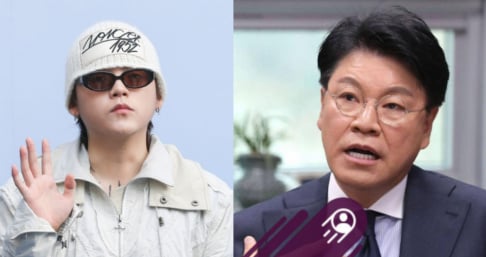


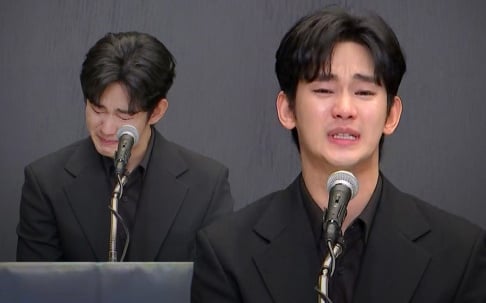
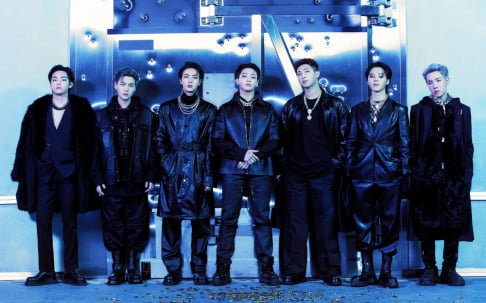




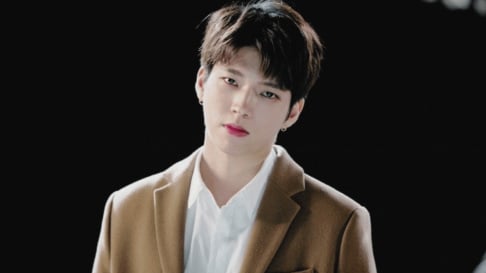
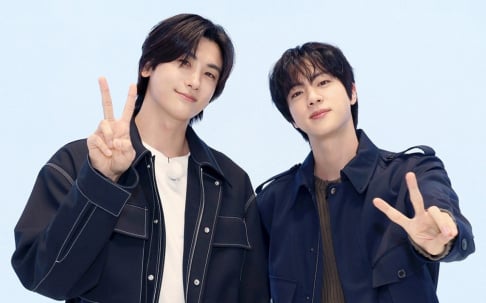
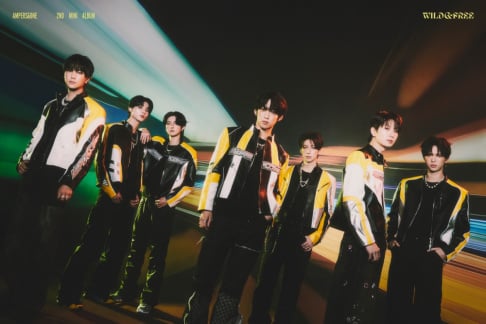
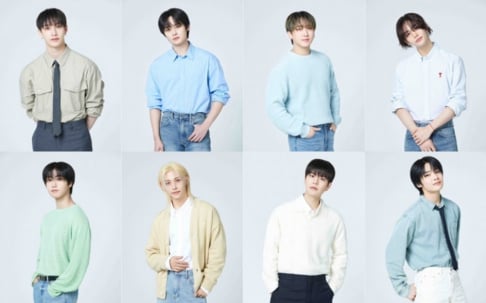

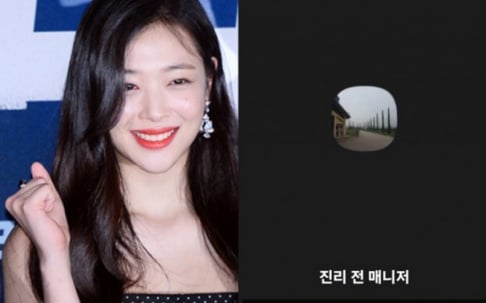

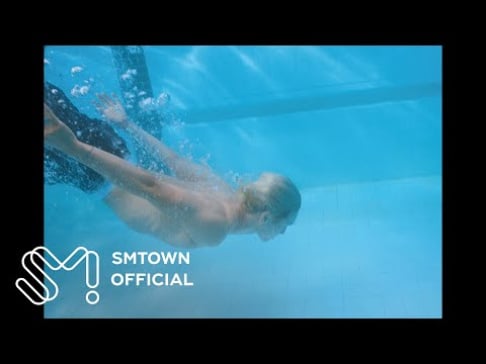

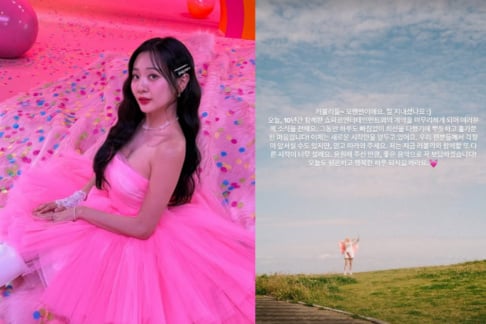






ok well i hope they work that out cause i need to continue to see fancams of biases
my biases dance so competently, so temptingly
3 more replies